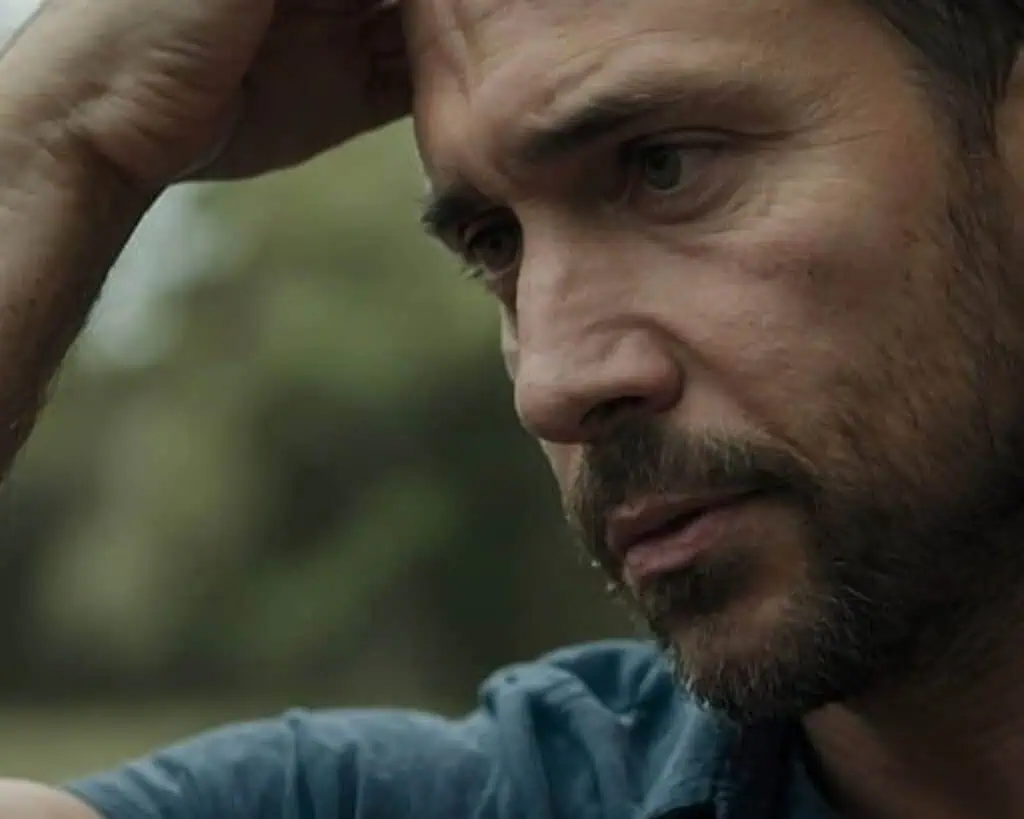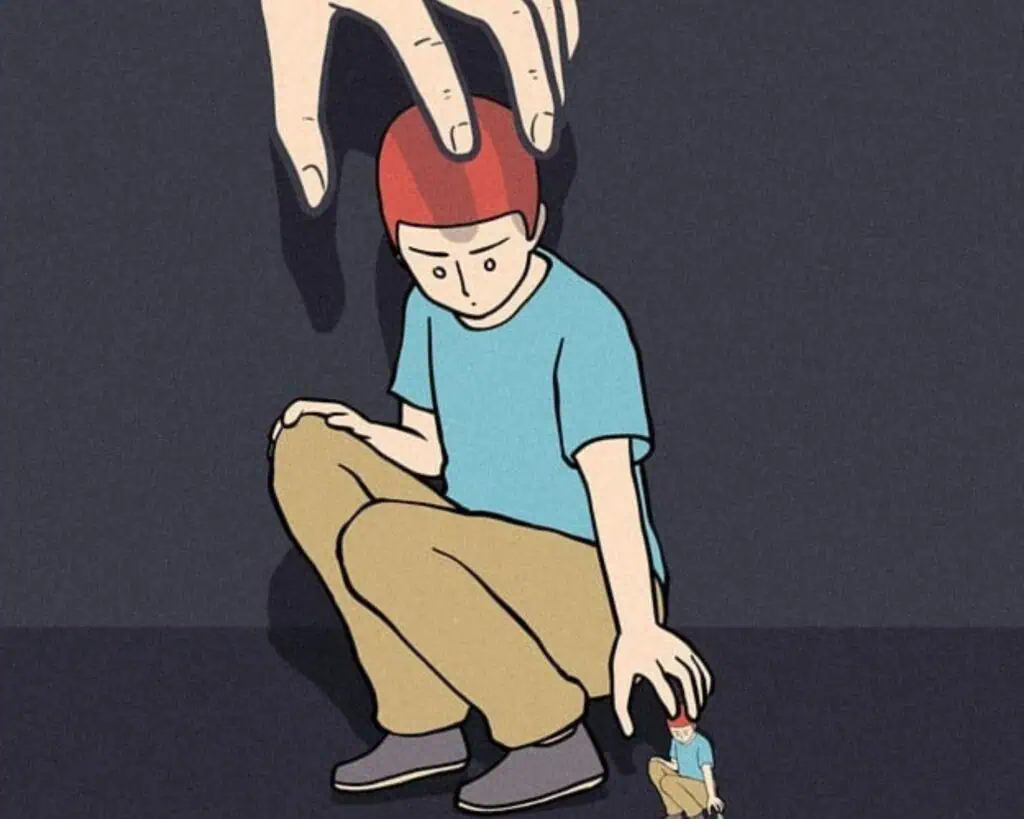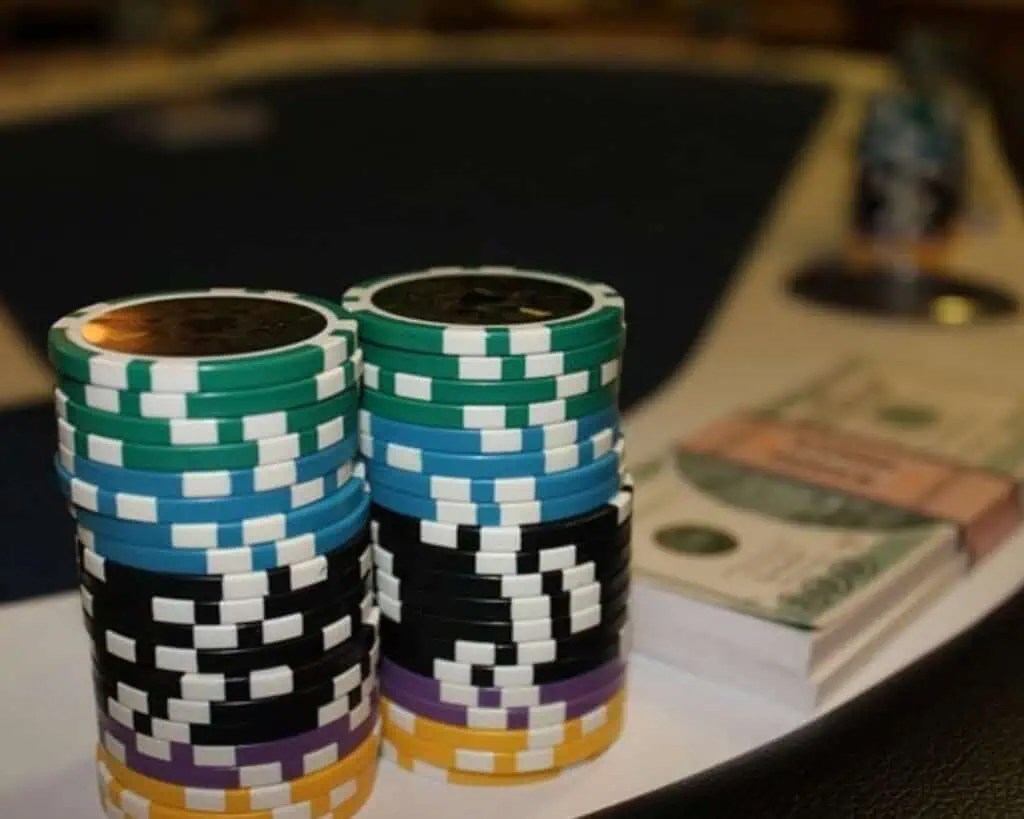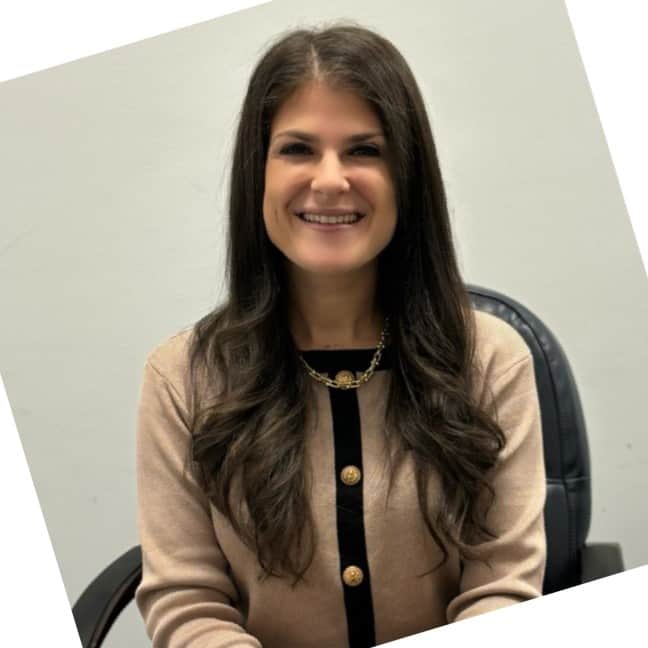OCD involves persistent, intrusive thoughts and rituals that individuals feel compelled to perform, while addiction centers around an uncontrollable urge for substances or behaviors despite adverse consequences such as health issues, financial problems, and strained relationships.
It is vital to recognize the intricate relationship between OCD and substance use disorders, understand their respective symptoms, and explore effective treatment strategies.
Understanding Obsessive-Compulsive Disorder (OCD)
Obsessive-compulsive disorder is a mental illness characterized by intrusive, unwanted thoughts (obsessions) and repetitive behaviors or mental acts (ocd compulsions) that an individual feels driven to perform.
These ocd compulsions are often carried out to reduce the distress caused by the obsessions or to prevent a feared event or situation.
Common OCD Symptoms
Obsessions
Persistent, unwanted thoughts, images, or urges that cause distress.
Fear of contamination, causing harm or emotional pain to oneself or others or being responsible for something terrible happening.

Compulsions
Repetitive behaviors or mental acts that the person feels driven to perform in response to an obsession, intrusive thoughts, or according to rigid rules.
Examples include excessive cleaning or handwashing, checking things repeatedly, counting, arranging things in a particular way, or mental rituals like repeating words silently.

Anxiety Disorders and Distress
These obsessions and compulsions often lead to a significant anxiety disorder and general distress and unwanted thoughts affecting daily life and functioning.
Time-consuming
The obsessions and compulsions can take up a lot of time (an hour or more per day), causing significant interference with daily routines, work, or social activities.

What Can Be Done?
Many individuals with obsessive-compulsive disorder recognize that their obsessions and compulsions are excessive or unreasonable, but they feel unable to control or stop them.

Impact on Life
OCD symptoms can significantly impact relationships, work, and overall quality of life if left untreated. People with obsessive-compulsive disorder may struggle with daily tasks, experience heightened anxiety or other psychiatric disorders, and find it challenging to maintain normal routines due to the compulsive need to perform rituals or avoid triggering situations.
OCD can severely impact an individual’s daily functioning, relationships, and quality of life. The constant cycle of obsessions and compulsions can lead to significant distress and anxiety.
It’s essential to note that OCD symptoms can vary widely from person to person, and the severity can also fluctuate over time. Treatment often involves a combination of therapy and sometimes medication to manage symptoms effectively.
Understanding Addiction
Addiction, or substance use disorder (SUD), is a chronic disease characterized by compulsive substance abuse despite harmful consequences. Substance use disorders involve both physical and psychological dependence, fundamentally altering the brain’s chemistry and functioning.
Common Addictions
- Substance Addiction: Alcohol, prescription medications, illicit drugs, nicotine, or other drug abuse
- Behavioral Addiction: Gambling, internet use, shopping, eating.
Alcohol or substance abuse can lead to a range of negative consequences, including health problems, legal issues, financial difficulties, and interpersonal conflicts. The compulsive nature of a substance or alcohol use disorder makes it challenging for individuals to quit without professional help.

The Connection Between OCD and Substance Abuse
The relationship between OCD and substance use disorder is complex and multifaceted. While they are distinct disorders, they share several similarities, such as the presence of compulsive behavior and the significant impact on an individual’s life and mental health.
Several factors contribute to the co-occurrence of OCD and substance use disorders:
Self-Medication: Individuals with OCD may turn to treating OCD with substances or addictive behaviors to cope with the distress and anxiety caused by their obsessions and compulsions.
Substance use can temporarily alleviate depressive symptoms but often leads to a cycle of dependence and addiction.
Neurobiological Factors: Both OCD and addiction involve alterations in brain chemistry and functioning. Neurotransmitters such as serotonin and dopamine play a role in both disorders, and genetic predispositions may contribute to their co-occurrence.
Behavioral Reinforcement: The compulsive behavior in OCD can create a reinforcement loop similar to the cycle of addiction.
Engaging in compulsions can temporarily reduce anxiety, reinforcing the behavior and making it difficult to break the cycle.
Dual Diagnosis: When OCD and addiction co-occur, it is known as a dual diagnosis. Treating dual diagnosis can be challenging because both conditions need to be addressed simultaneously for effective recovery.

Symptoms and Signs of Co-Occurring OCD and Addiction
Recognizing the signs and symptoms of co-occurring OCD and addiction is crucial for early intervention and treatment. Symptoms may include:
- Increased Anxiety: Heightened anxiety levels due to both OCD and withdrawal from substances.
- Compulsive Behaviors: Engaging in compulsive behavior related to both OCD and addiction, such as excessive cleaning and substance use.
- Social Withdrawal: Avoiding social situations and isolating oneself due to the combined effects of OCD and addiction.
- Neglect of Responsibilities: Difficulty maintaining daily responsibilities, including work, school, and relationships, due to the preoccupation with obsessions and substance use.
- Health Issues: Physical and mental health problems resulting from substance use and the stress of managing OCD symptoms.
Addiction Obsessive-Compulsive Disorder
Addiction obsessive-compulsive disorder (OCD), often referred to as “Addiction OCD” or “Substance-induced OCD,” is a mental health condition where obsessive-compulsive symptoms emerge or worsen as a result of drug addiction or withdrawal. It is important to distinguish between two aspects:
- OCD with Co-occurring Addiction: This refers to individuals who have a primary diagnosis of OCD but also struggle with addiction to substances or behaviors (such as gambling or gaming). In these cases, the behaviors may exacerbate OCD symptoms, complicating treatment and management.
- Substance-Induced OCD: This occurs when someone develops OCD-like symptoms due to substance use or withdrawal. Certain substances, particularly stimulants like amphetamines or cocaine, can trigger or exacerbate obsessive thoughts and compulsive behaviors. These symptoms typically improve with abstinence from the substance or with appropriate substance abuse treatment.

Approaches for OCD and Addiction Treatment
Effective treatment for co-occurring OCD and drug or alcohol addiction requires an integrated approach that addresses both conditions simultaneously.
Drug addiction and OCD treatment options may include:
- Cognitive-Behavioral Therapy (CBT): CBT is a widely used therapeutic approach for both OCD and drug abuse. It helps individuals identify and change negative thought patterns and behaviors. Exposure and Response Prevention (ERP), a type of CBT, is particularly effective for treating OCD.
- Medication: Medications such as selective serotonin reuptake inhibitors (SSRIs) are commonly prescribed for OCD. For addiction, medications like methadone, buprenorphine, and naltrexone can help manage withdrawal symptoms and cravings.
- Integrated Treatment Programs: Specialized programs that address both OCD and addiction simultaneously provide a comprehensive approach to treatment. These programs may include individual therapy, group therapy, and support groups.
- Support Groups: Peer support groups such as Alcoholics Anonymous (AA), Narcotics Anonymous (NA), and OCD-specific support groups can provide a sense of community and shared experiences, which is crucial for recovery.
- Mindfulness and Stress-Reduction Techniques: Mindfulness practices, meditation, and other stress-reduction techniques can help manage anxiety and reduce the compulsive behaviors associated with OCD and addiction.
- Holistic Therapies: Incorporating holistic therapies such as yoga, acupuncture, and art therapy can support overall well-being and enhance the recovery process by addressing the mind, body, and spirit.

When and How to Seek Treatment
If you or a loved one is struggling with OCD and addiction, seeking professional help is essential.
Seeking treatment for obsessive-compulsive disorder (OCD) and addiction is crucial when these conditions begin to significantly interfere with daily life, relationships, or overall well-being. Signs that it’s time to seek help include:
- Disruption of Daily Functioning: When OCD rituals or addictive behaviors start affecting your ability to work, study, or carry out daily responsibilities.
- Impact on Relationships: If OCD or addiction is straining relationships with family, friends, or colleagues due to behaviors or mood changes.
- Distress and Anxiety: When intrusive thoughts (in OCD) or cravings (in addiction) cause intense anxiety or distress that’s difficult to manage alone.
- Loss of Control: If efforts to stop or reduce compulsive behaviors or addictive habits are unsuccessful despite recognizing their negative impact.
- Physical Health Concerns: For addiction, physical health issues related to substance use (e.g., withdrawal symptoms and medical complications) may indicate a need for treatment.
- Mental Health Deterioration: If symptoms of depression, anxiety, or other mental health conditions worsen alongside OCD or addiction.
Seeking treatment early can prevent these conditions from worsening and improve overall quality of life.
Here are some steps to get started:
Consult a Healthcare Provider: A doctor or mental health professional can conduct assessments to determine the severity of OCD and addiction symptoms, evaluate any co-occurring conditions, and recommend appropriate treatment options. They may refer you to specialists such as psychiatrists or therapists who specialize in OCD and addiction treatment.
Research Treatment Centers: When looking for treatment centers, prioritize those that specialize in dual diagnosis, addressing both OCD and addiction simultaneously.
Integrated treatment programs offer comprehensive care considering the complex interaction between these conditions. Research facilities that provide evidence-based therapies like cognitive behavioral therapy (CBT), exposure and response prevention (ERP) for OCD, and therapies tailored to addiction recovery. Verify that the treatment center has experienced staff who effectively understand the nuances of treating both disorders.
Engage in Support Groups: Support groups provide a valuable community of individuals facing similar challenges with OCD and addiction. Joining these groups allows you to share experiences, gain insights into managing symptoms, and receive encouragement from others who understand firsthand what you’re going through.
Support groups can be in-person or online, offering flexibility in connecting with peers. Organizations like OCD Anonymous or groups affiliated with addiction recovery programs like Alcoholics Anonymous (AA) or Narcotics Anonymous (NA) can be beneficial.
Create a Support Network: Involve your family and close friends in your recovery journey. Educate them about OCD and addiction to help them better understand your experiences and challenges. Their support, encouragement, and involvement in your treatment process can provide motivation and accountability.
Communicate openly with your support network about your treatment goals, progress, and any difficulties you may encounter. Their understanding and empathy can strengthen your resolve to maintain treatment adherence and work towards recovery goals.
Develop a Relapse Prevention Plan: Collaborate with your treatment team, therapists, and support group members to develop a comprehensive relapse prevention plan. This plan should include strategies for managing triggers specific to OCD and addiction, coping mechanisms for dealing with stress or anxiety, and steps to take if you experience a setback.
Identify early warning signs of relapse and establish strategies to address them promptly, such as contacting your support network or scheduling additional therapy sessions. Regularly review and update your relapse prevention plan to adapt to your evolving needs and recovery progress.

Get Help Today
The co-occurrence of OCD and addiction presents unique challenges, but with the right treatment and support, recovery is possible. Understanding the complex relationship between these disorders and seeking comprehensive care can improve outcomes and lead to a healthier, more fulfilling life.
If you or someone you know is struggling with OCD and addiction, take the first step toward recovery by seeking professional help at our mental health and addiction treatment center in San Diego. Contact our team today to learn more about our specialized programs and how we can help you on your journey to recovery.

